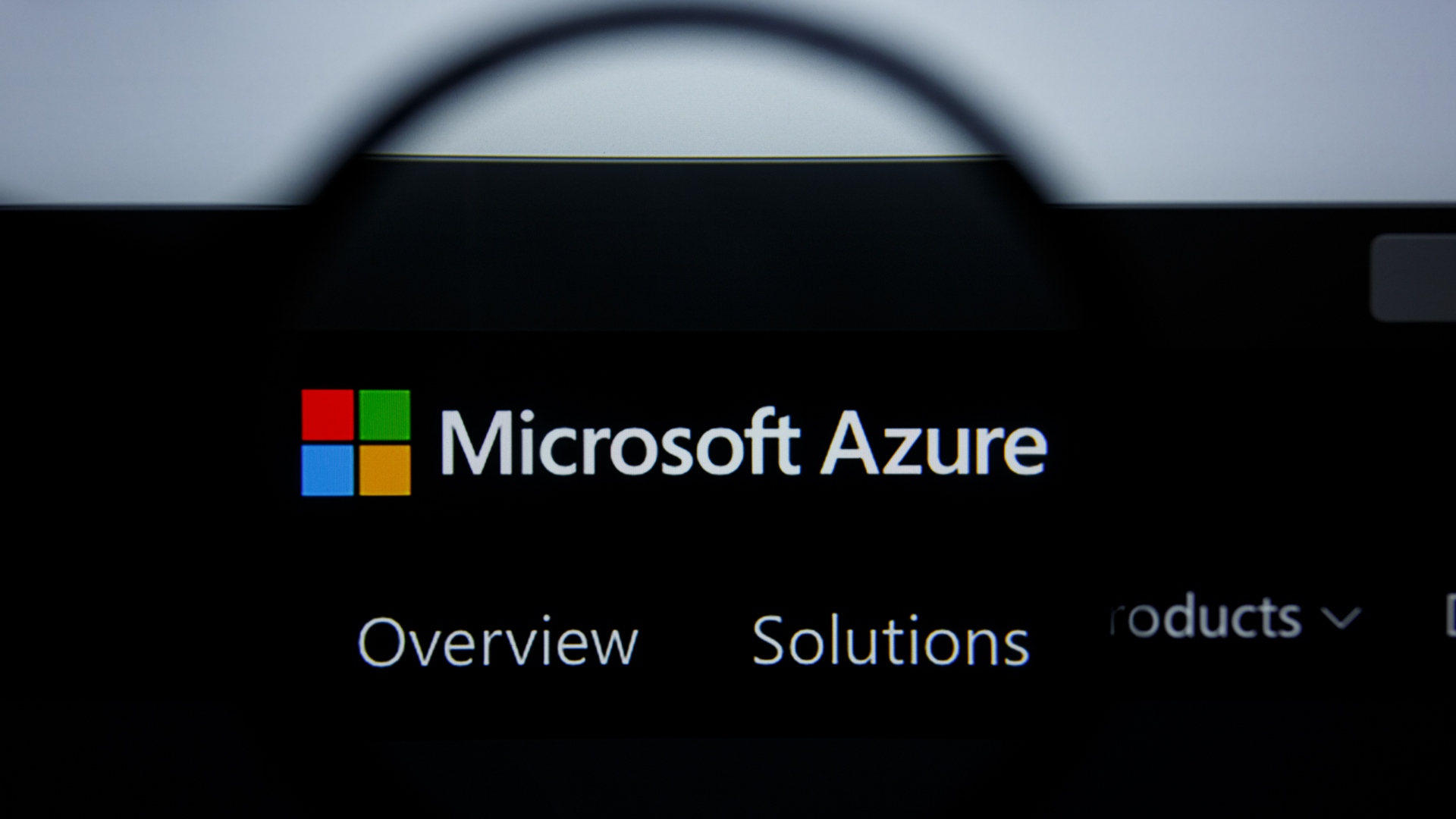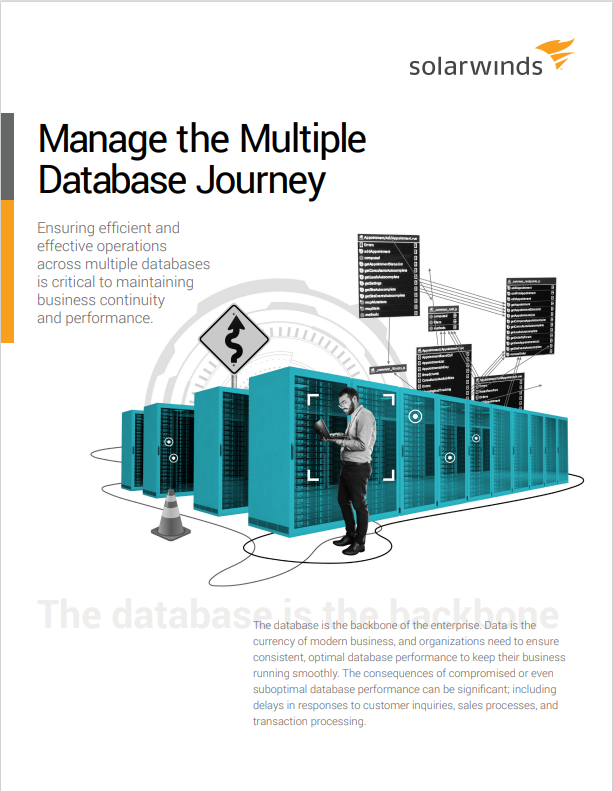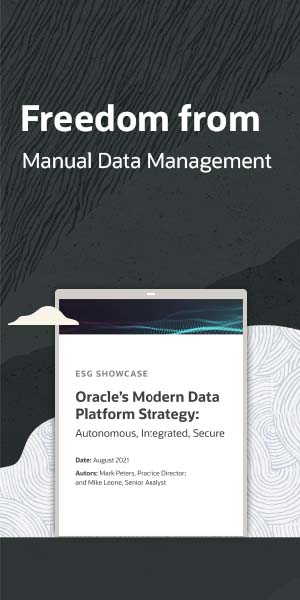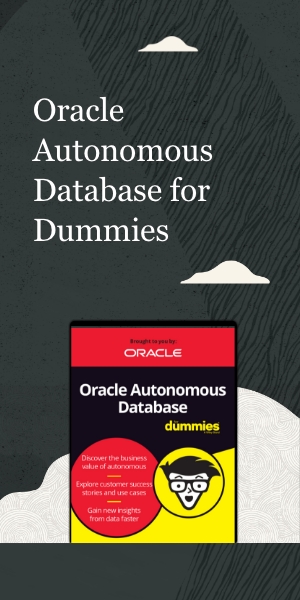What you need to know about ID cards
Whether you back the looming ID system or not, here's what you need to know about government plans to create an identity database.


And then everyone elseBut the cards aren't just for foreign nationals and pop stars.
The Home Office has stressed again and again that having an ID card is not compulsory for any British citizen. The cards will, however, be designated as necessary to apply for anyone wanting a passport so if you want to leave the country, you'll need to be on the registry.
At the moment, the cards will also be necessary for anyone requiring a criminal background check to work airside at Manchester and London City airports. The Home Office told IT PRO this will likely expand to anyone needing such a background check such as teachers and could possibly expand to anyone applying for a driver's licence.
Those airside workers will receive their cards by the end of 2009. Following that, for the next two years, signing up for the cards will be strictly voluntary and targeted at young people. The cards will initially cost 30, but could go up in cost by 2012, and airside workers and others may receive them free as an added incentive to sign up to the registry. Another incentive to sign up will be their potential use for European travel why get a passport for 72 when you can get an ID card for free?
From 2012, anyone applying for a passport will be required to register. The Home Office estimates this will be between five and six million people annually. It is on a voluntary basis only if you consider the ability to leave the country ever in your life unnecessary.
The cardThe card itself is fairly innocuous. It will cost 30 to get one of the devices, which will be same size as a standard credit card.
Click here for a picture of the card.
Get the ITPro daily newsletter
Sign up today and you will receive a free copy of our Future Focus 2025 report - the leading guidance on AI, cybersecurity and other IT challenges as per 700+ senior executives
In many ways, it will be similar to a passport. It will expire after ten years, and will hold the same details found on the data page of a standard UK passport. On the front of the card will be a photograph alongside the person's name, date of birth, nationality and immigration status. The embedded chip will hold biometrics, which at the moment include a digital image and fingerprints.
There will be no requirement to carry the card this isn't Nazi Germany but immigrants will be asked to show it to would-be employers to prove their working status.
The card can also be used as a basic photo ID, to buy alcohol and cigarettes, for example, as it will carry a photograph and date of birth on the front. It could also be used in place of a passport to travel to countries in Europe, and eventually even to former Commonwealth states which don't require British citizens to have a visa. (Any country requiring a visa will still require a passport, as the card obviously has no pages to glue such documents into.)
In more advanced transactions, it can be used to prove identity by checking details on the registry. If you're looking to move a big sum of money at a bank, they could ask for proof of identity and then check your card is still valid using an online system, for example.
The registryIt's hard to see what the problem is with a piece of photo identification. Any drinker has one to get into bars, any smoker has one to buy cigarettes, and any traveller has one to get on a plane. What's the big deal?
Freelance journalist Nicole Kobie first started writing for ITPro in 2007, with bylines in New Scientist, Wired, PC Pro and many more.
Nicole the author of a book about the history of technology, The Long History of the Future.
-
 Bigger salaries, more burnout: Is the CISO role in crisis?
Bigger salaries, more burnout: Is the CISO role in crisis?In-depth CISOs are more stressed than ever before – but why is this and what can be done?
By Kate O'Flaherty Published
-
 Cheap cyber crime kits can be bought on the dark web for less than $25
Cheap cyber crime kits can be bought on the dark web for less than $25News Research from NordVPN shows phishing kits are now widely available on the dark web and via messaging apps like Telegram, and are often selling for less than $25.
By Emma Woollacott Published
-
 Datadog Database Monitoring extends to SQL Server and Azure database platforms
Datadog Database Monitoring extends to SQL Server and Azure database platformsNews The tool offers increased visibility into query-level metrics and detailed explanation plans
By Praharsha Anand Published
-
 Oracle and Microsoft announce Oracle Database Service for Azure
Oracle and Microsoft announce Oracle Database Service for AzureNews Azure users can now easily provision, access, and monitor enterprise-grade Oracle Database services in Oracle Cloud Infrastructure
By Daniel Todd Published
-
 Elastic expands cloud collaboration with AWS
Elastic expands cloud collaboration with AWSNews Partnership aims to ease migration to Elastic Cloud on AWS, as well as simplify onboarding and drive go-to-market initiatives
By Daniel Todd Published
-
 Manage the multiple database journey
Manage the multiple database journeyWhitepaper Ensuring efficient and effective operations across multiple databases
By ITPro Published
-
 Automating the modern data warehouse
Automating the modern data warehouseWhitepaper Freedom from constraints on your data
By ITPro Published
-
 Freedom from manual data management
Freedom from manual data managementWhitepaper Build a data-driven future with Oracle
By ITPro Published
-
 Oracle’s modern data platform strategy
Oracle’s modern data platform strategyWhitepaper Freedom from manual data management
By ITPro Published
-
 Oracle autonomous database for dummies
Oracle autonomous database for dummiesWhitepaper Freedom from mundane, manual database management
By ITPro Published